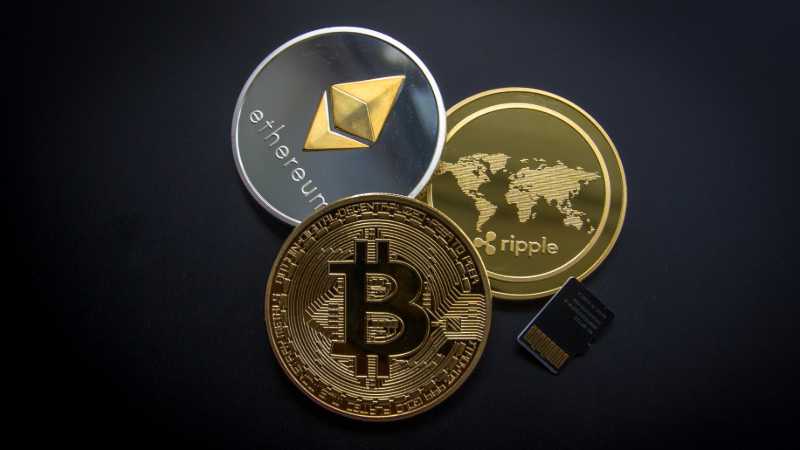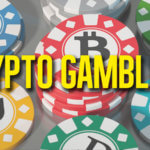Published on: 22/09/2022
Native crypto projects may benefit from market crash

Blockchain gaming’s future could shift after the recent market crash caused some companies to reconsider investing in the play-to-earn market.
Despite the industry rapidly growing with titles such as Axie Infinity and Decentraland experiencing rapid growth and minting NFTs worth tens of thousands of dollars, trade volume and player engagement have begun to fall off. With companies and investors suffering massive losses, most are looking to pull out of the market.
However, this market crash could become a boon to native crypto projects as there will be more room in the industry. With the market being less competitive, it could pave the way for crypto games to begin experimenting more and test out several features, such as interoperability between projects.
While earning potential and player assets have become a large part of the industry, it could be argued that a competitive blockchain gaming environment has caused smaller developers to only focus on the financial side rather than integrate the gameplay with the earning.
Crypto game’s limitations and problems
Though the market has shown its growth potential, the industry also comes with its limitations. Chief among them are the NFTs, which can create a barrier for users new to the game or industry. Some crypto game projects require the player to purchase NFTs before being able to play the game, a large asking price for some players. While some companies are developing a solution that allows players to make incremental payments while owning the NFTs, these solutions are not widespread nor well known.
Another problem with NFT games relying on NFTs is volatility which can result in users losing the money they spent on a game. This, combined with some rug-pull scams, has given the crypto gaming industry a poor reputation in mainstream circles.
The volatility was also the reason Minecraft developer Mojang decided to ban all NFT and blockchain-related projects from their platform. This move forced several NFT projects, such as NFTWorlds, to seek alternative platforms.
“NFTs, however, can create models of scarcity and exclusion that conflict with our Guidelines and the spirit of Minecraft…,” wrote Mojang when it banned NFTs from being integrated from Minecraft, illustrating the above point. “NFTs are not inclusive of all our community and create a scenario of the haves and the have-nots.”
“We are also concerned that some third-party NFTs may not be reliable and may end up costing players who buy them. Some third-party NFT implementations are also entirely dependent on blockchain technology and may require an asset manager who might disappear without notice,” Mojang wrote in the same statement.
“There have also been instances where NFTs were sold at artificially or fraudulently inflated prices… blockchain technologies are not permitted to be integrated inside our Minecraft client and server applications nor may they be utilized to create NFTs associated with any in-game content, including worlds, skins, persona items, or other mods.”
While the issues cited above may not be solved in the near future, many companies and developers are still choosing to pursue blockchain projects. The blockchain gaming sphere has also seen mainstream support from companies such as Epic Games, which announced that crypto games would be available for sale on its platform in light of bans from other gaming platforms such as Steam.
Mythical Games, for instance, has recently launched Blankos Block Party on the Epic Games Store and currently has over one million active players, showing that there is still plenty of interest and potential in the blockchain gaming industry.
-
Esports // 2022-09-21
META8 prevails in Axie Infinity's largest tournaments



